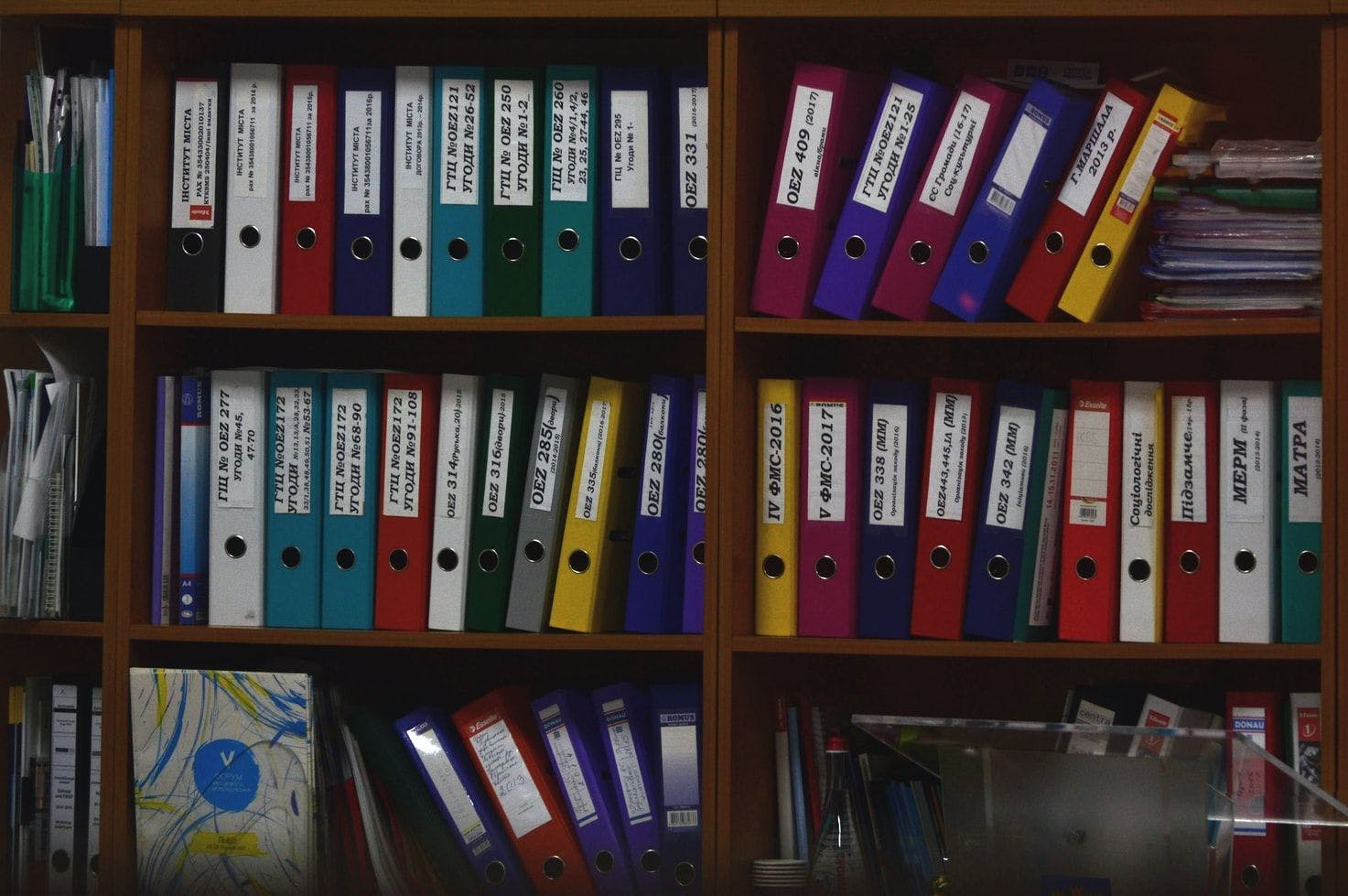1,009 reads
RTFM - The Single Most Important Bit Of Advice for Engineers
by
November 28th, 2021
Audio Presented by

My name means growth or to make progress, so that's what I'm into. Currently building learnly. Employed by Amazon.
About Author
My name means growth or to make progress, so that's what I'm into. Currently building learnly. Employed by Amazon.
